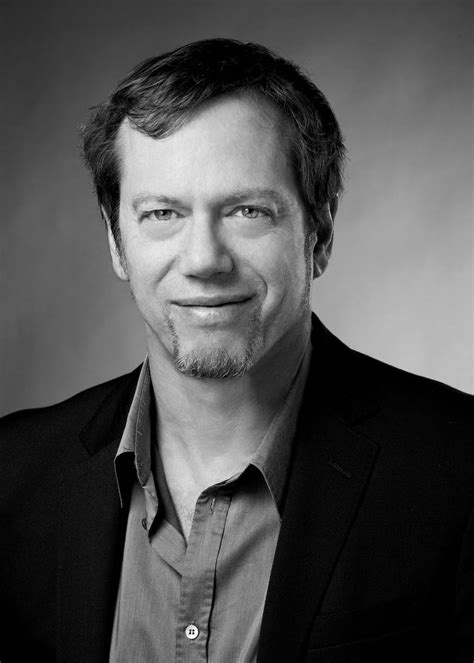A Quote by Amelia B. Edwards
Every reformation ruins somebody.
Quote Topics
Related Quotes
When the Reformation became established, one of the things that was a question between Catholicism and the Reformation traditions was whether there was a hierarchy of being. If you look at Thomas Aquinas, for example, you have hierarchies of angels and all the rest of it, and hierarchies even of saints and then subsaints - people who aren't quite there, that sort of thing. The Reformation rejected all of that and created a new metaphysics, in effect, that is not hierarchical.
I think the scariest addiction on this planet is to alcohol. Because alcohol is a very addictive drug, and it ruins families, it ruins relationships. And it is socially acceptable, and it is easy to find. Controlled substances, other drugs are more difficult to get, and it's a crime to... to buy them. But alcohol is everywhere. And if you are unfortunate enough to become addicted to it, it can be disastrous. And there is still a stigma attached to alcohol addiction, or addiction in general. It is perceived as... an addict is perceived as somebody of weak moral fiber
What cities, as great as this, have... promised themselves immortality! Posterity can hardly trace the situation of some. The sorrowful traveller wanders over the awful ruins of others... Here stood their citadel, but now grown over with weeds; there their senate-house, but now the haunt of every noxious reptile; temples and theatres stood here, now only an undistinguished heap of ruins.






































